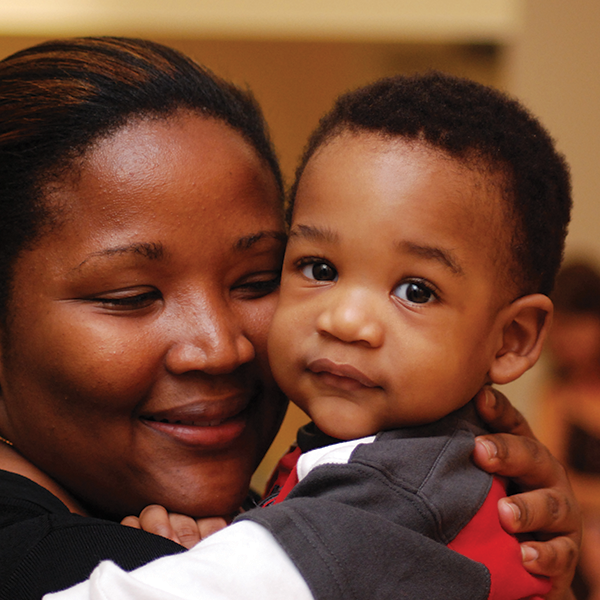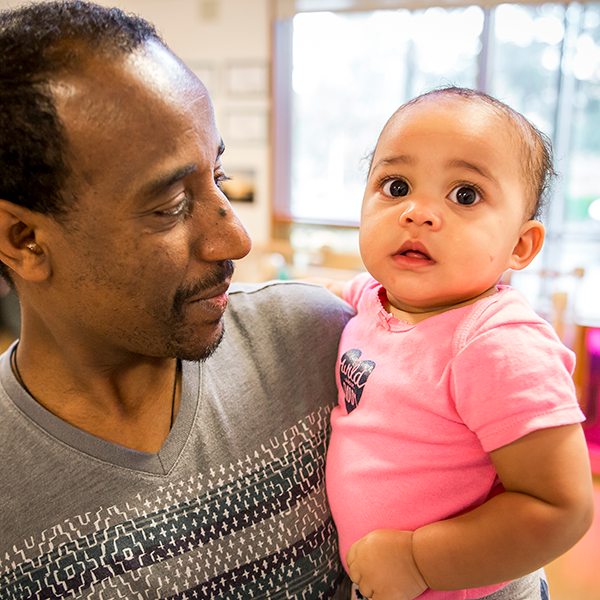Strong State & Community Structures
Create an equitable & cohesive early childhood system
Illinois’ current early learning and care system is difficult for families and providers to navigate, leading to inequitable access to the programs and services young children need to thrive.
A Difficult System to Navigate
Inadequate support, limited capacity
The early learning and care systems in Illinois lacks robust and statewide processes for program and service referral and ongoing collaboration among child and family serving providers – and communities are not adequately supported in building such processes. In addition, administrative capacity at state agencies is extremely limited, hindering the ability to build a stronger, streamlined early childhood infrastructure.
Making it Simpler for Families to Access Holistic Care
Investments in increased professional capacity & collaborative processes
To create an equitable and cohesive early childhood development support system that is simple for families to access holistic care—including early care and education, child welfare and health and mental health—we must invest in increased professional capacity and collaborative processes across state agencies serving families.
How to Get There
- Strengthen administrative capacity across state agencies that administer early care and learning programs and services
- Align and improve data systems
- Provide data on family and workforce composition
- Measure progress and outcomes of programs and services
- Increase collaboration across family-serving systems to establish standard and easy-to-use referral pathways and processes for sharing information
- Establish statewide system of community collaboration that includes a lead entity and engagement and input from providers that serve all areas of the state
- Implement data collection process across early learning and health systems that documents the number of children who can and do receive development and social emotional screening and supports
- Integrate and align policies and practices and build the capacity necessary across systems serving priority populations

Increased access to
& easy-to-find
programs
Projected Outcomes
- Better informed and adequate resource allocation and supports across communities and family service providers
- Community driven planning for birth-to-age 5 services
- Full enrollment and staffing in all prenatal-to-age 3 programs
- Engagement of families who most need services
- Increased developmental and social emotional screenings in areas of greatest need, informed by accurate and statewide data
- Increased access to and easy-to-find holistic learning and care programs and services

